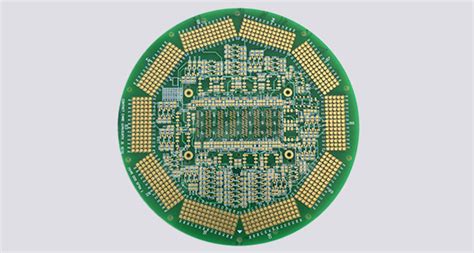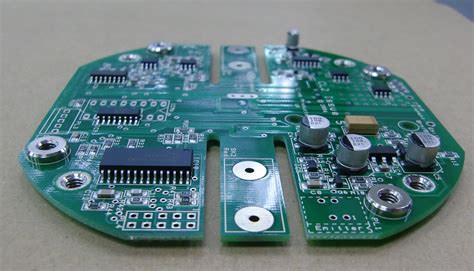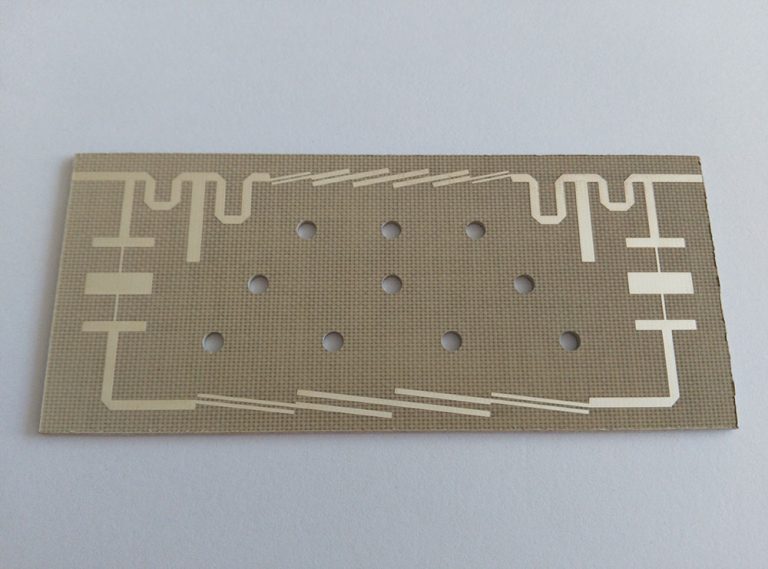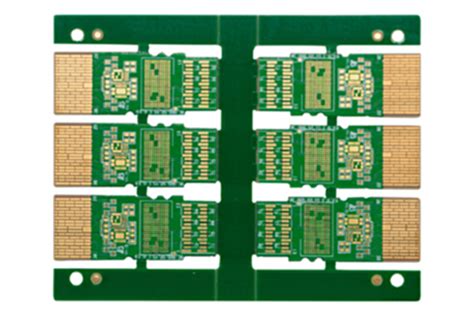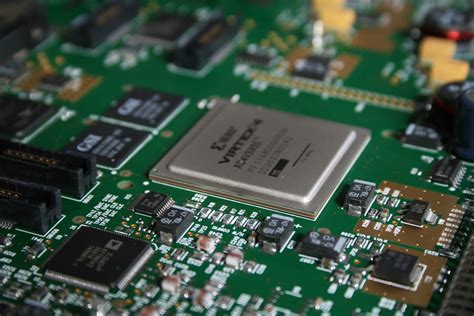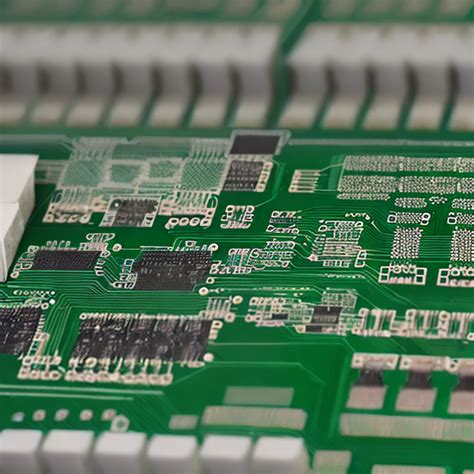Expert PCB Producers: Seamless Assembly & Quality Assurance
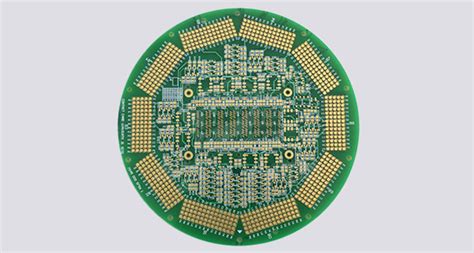
Key Takeaways
When evaluating PCB manufacturing companies, understanding their core competencies ensures your project aligns with industry demands. Leading providers integrate precision assembly techniques with ISO-certified quality control, minimizing defects while adhering to global standards. For time-sensitive projects, 24-hour rapid prototyping accelerates development cycles, allowing you to test designs faster and refine iterations without delays.
Cost efficiency remains pivotal in PCB manufacturing business decisions. Transparent pricing models, starting from $1 per unit, enable scalable production without compromising reliability. Advanced SMT/THT manufacturing solutions further optimize PCB manufacturing cost by automating processes and reducing material waste.
Beyond technical capabilities, 24/7 technical support ensures seamless communication across time zones, addressing challenges in real time. Flexible service options, from low-volume prototypes to high-volume orders, cater to diverse applications—whether you’re developing consumer electronics or industrial systems. Trusted partners often provide compliance documentation to verify adherence to safety and performance benchmarks, reinforcing confidence in their PCB manufacturing workflows.
This combination of speed, affordability, and adaptability positions expert producers as strategic allies for global clients seeking end-to-end solutions.
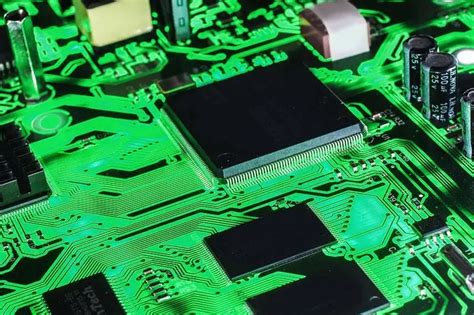
Precision PCB Assembly Techniques Explained
When engaging with PCB manufacturing companies, understanding the technical nuances behind precision assembly becomes crucial. Modern PCB manufacturing relies on advanced processes like automated optical inspection (AOI) and surface-mount technology (SMT) to ensure micron-level accuracy. These techniques minimize human error while optimizing yield rates and functional reliability—critical factors when balancing PCB manufacturing cost with performance demands.
Leading providers integrate laser-drilled microvias and controlled impedance routing to accommodate high-density interconnect (HDI) designs, particularly for applications requiring signal integrity. Such precision directly impacts time-to-market efficiency, especially when paired with design-for-manufacturing (DFM) checks. For businesses scaling their PCB manufacturing business, selecting partners with robust process controls ensures consistency across large-volume orders without compromising on traceability standards.
Moreover, innovations in solder paste application and reflow profiling address thermal management challenges in multilayer boards. By leveraging these methods, you reduce the risk of latent defects—a key consideration when calculating long-term PCB manufacturing cost. The synergy between cutting-edge equipment and skilled technicians ultimately determines whether your prototypes transition seamlessly into mass production.
24-Hour Rapid Prototyping Services
When you require PCB manufacturing solutions that balance speed with precision, 24-hour rapid prototyping ensures your design transitions from concept to functional board within a single business day. Leading PCB manufacturing companies leverage automated workflows and advanced machinery to compress production timelines without compromising quality. This service is particularly critical for industries like aerospace or medical devices, where iterative testing demands fast turnaround.
For projects constrained by PCB manufacturing cost, rapid prototyping minimizes financial risks by allowing early detection of design flaws. Consider this comparison of traditional vs. accelerated timelines:
| Stage | Traditional Timeline | 24-Hour Service |
|---|---|---|
| Design Review | 2-3 days | 4-6 hours |
| Layer Stackup Approval | 1-2 days | 2-3 hours |
| Prototype Delivery | 5-7 days | 24 hours |
Tip: To optimize costs, ensure your design files adhere to your manufacturer’s guidelines before submission—this reduces back-and-forth revisions.
Modern PCB manufacturing business models prioritize scalability, enabling you to order prototypes in low volumes (even single units) while maintaining per-unit affordability. Advanced SMT assembly lines and automated optical inspection (AOI) systems further guarantee consistency, even under tight deadlines. Whether you’re validating a new IoT device or refining automotive controls, 24-hour services align with agile development cycles, letting you iterate faster and stay ahead of competitors.
ISO-Certified Quality Control Standards
When selecting a partner for PCB manufacturing, it’s critical to prioritize suppliers that adhere to internationally recognized quality benchmarks. PCB manufacturing companies with ISO certifications—such as ISO 9001 (quality management) and ISO 14001 (environmental management)—demonstrate a systematic approach to minimizing defects, optimizing workflows, and ensuring traceability. These standards not only streamline production but also reduce long-term PCB manufacturing cost by preventing rework and material waste.
For instance, automated optical inspection (AOI) systems and in-circuit testing (ICT) are integrated into workflows to verify solder joints, component alignment, and electrical performance at multiple stages. This rigorous validation process ensures compliance with design specifications, even for high-density interconnect (HDI) or multilayer boards. By partnering with ISO-certified providers, your PCB manufacturing business benefits from consistent quality across batches, faster time-to-market, and alignment with regulatory requirements for industries like aerospace or medical devices.
Transitioning to the next phase, such technical precision aligns with the 24/7 support systems discussed later, ensuring seamless scalability for projects of any complexity.
Cost-Effective PCB Production From $1
When scaling your electronics projects, managing PCB manufacturing cost is critical without compromising quality. Leading PCB manufacturing companies now offer entry-level pricing starting at $1 per board for prototypes, making it feasible to test designs before full-scale production. This affordability stems from optimized processes like automated panelization and bulk material sourcing, which reduce waste and overhead. For businesses, negotiating PCB manufacturing business contracts with volume discounts or tiered pricing models can further lower expenses—especially when partnering with suppliers that balance cost-efficiency with ISO-certified quality controls.
However, cost-effectiveness isn’t just about upfront pricing. Factors like material selection (FR-4 vs. high-frequency laminates), layer count, and turnaround time influence long-term value. Reputable providers transparently break down PCB manufacturing expenses, allowing you to prioritize features that align with your project’s needs. By leveraging economies of scale and advanced fabrication techniques, even complex multilayer boards can stay within budget. Always verify that low-cost options include testing protocols like AOI or X-ray inspection to avoid costly revisions later.
Global SMT/THT Manufacturing Solutions
When scaling your electronics project, partnering with PCB manufacturing companies that master both Surface Mount Technology (SMT) and Through-Hole Technology (THT) ensures compatibility with diverse design requirements. High-volume SMT processes enable compact, high-density circuits ideal for consumer electronics, while THT assembly provides robust mechanical bonds for components in industrial or automotive applications. By leveraging global supply chains, these manufacturers optimize PCB manufacturing cost without compromising on IPC Class 2/3 standards, whether you need prototypes or full-scale production.
Leading providers integrate automated optical inspection (AOI) and X-ray testing to maintain consistency across multi-layer boards, addressing challenges like thermal management or impedance control. For startups navigating the PCB manufacturing business, this translates to scalable solutions—from low-volume batches to mass production—with traceable quality documentation. Additionally, localized fulfillment centers reduce lead times, ensuring compliance with regional regulations like RoHS or REACH.
By aligning with specialists in PCB manufacturing, you gain access to hybrid SMT/THT lines capable of handling mixed-technology designs, future-proofing your product iterations. This flexibility is critical when balancing performance demands with cost-efficiency in competitive markets.
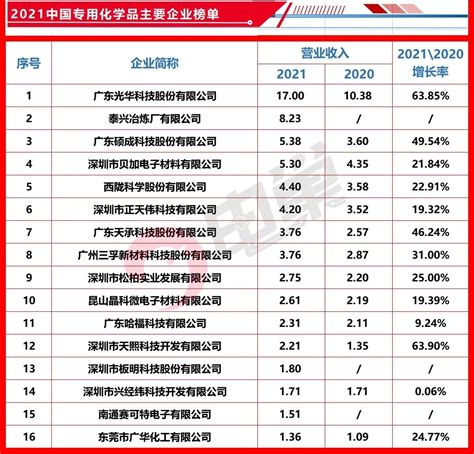
24/7 Technical Support for PCB Projects
When navigating complex PCB manufacturing workflows, unexpected challenges can arise at any stage—whether you’re refining a prototype or scaling production. Leading PCB manufacturing companies prioritize round-the-clock technical assistance to ensure your projects stay on track. Imagine encountering a design flaw at 2 AM or needing urgent clarification on material specifications; dedicated support teams bridge these gaps immediately, minimizing downtime and preventing costly delays.
This becomes particularly valuable when balancing tight timelines with PCB manufacturing cost optimization. Real-time guidance helps you avoid material waste, streamline assembly processes, and adhere to compliance standards—all while maintaining budget constraints. For instance, troubleshooting a soldering issue during high-volume SMT production can save thousands in rework expenses. Moreover, 24/7 accessibility aligns with global operations, enabling seamless coordination across time zones for businesses managing overseas partnerships.
By integrating technical expertise into every interaction, providers empower your PCB manufacturing business to innovate confidently. Whether resolving firmware compatibility issues or advising on thermal management strategies, instant support transforms potential roadblocks into opportunities for refinement. This proactive approach not only safeguards product quality but also strengthens long-term partnerships, ensuring your designs transition from concept to market with unmatched reliability.
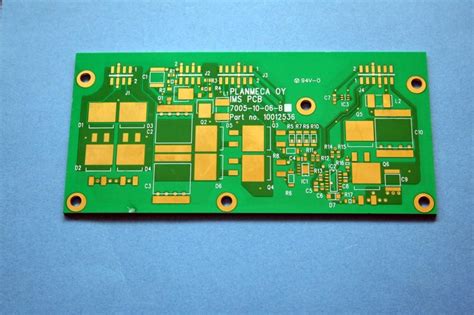
Flexible PCB Solutions for Diverse Needs
When sourcing PCB manufacturing services, you need solutions that adapt to your project’s unique demands. Leading PCB manufacturing companies now offer customizable designs tailored to applications ranging from consumer electronics to aerospace systems. Whether you require rigid-flex boards for compact wearables or high-frequency materials for IoT devices, modern providers leverage advanced fabrication techniques to balance performance and PCB manufacturing cost.
For startups and enterprises alike, scalability is critical. A robust PCB manufacturing business will accommodate both low-volume prototyping and high-volume production without compromising turnaround times. This flexibility ensures you can iterate designs rapidly while maintaining budget control—especially when integrating complex features like impedance control or embedded components.
To optimize costs further, many manufacturers provide on-demand material sourcing and panelization strategies, reducing waste and streamlining assembly. By partnering with a supplier that prioritizes adaptable workflows, you ensure your projects stay agile in fast-paced industries. This approach not only future-proofs your designs but also aligns with evolving technical requirements, making it easier to scale operations as your needs grow.
Trusted PCB Prototyping for Global Clients
When developing electronic systems, you need a PCB manufacturing partner that balances speed, precision, and scalability. Leading PCB manufacturing companies prioritize rapid prototyping to help you validate designs and accelerate time-to-market. With advanced fabrication technologies, these providers deliver functional prototypes within 24 hours, ensuring your project stays on track without compromising quality.
A key advantage lies in streamlined workflows that reduce PCB manufacturing cost while maintaining strict adherence to ISO-certified standards. Whether you require single-layer boards or complex multilayer designs, suppliers leverage automated testing and DFM (Design for Manufacturing) analysis to preempt errors. This approach minimizes revisions, making prototyping both efficient and economical—critical for startups and enterprises alike.
For global clients, geographic reach matters. Top-tier PCB manufacturing business operations maintain production hubs across continents, enabling localized support and faster logistics. Combined with 24/7 technical assistance, this ensures seamless collaboration regardless of time zones. By choosing partners with expertise in SMT/THT assembly, you gain access to scalable solutions that adapt to evolving project demands, from low-volume prototypes to full-scale production.
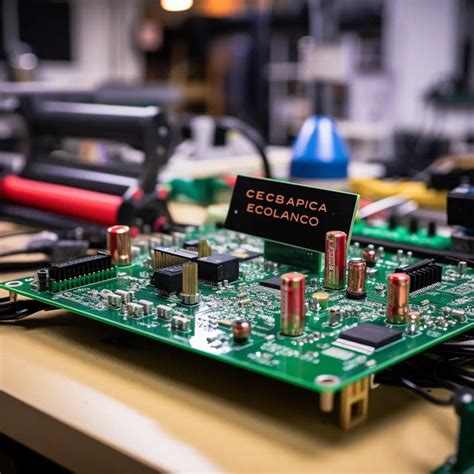
Conclusion
When navigating the complexities of PCB manufacturing, partnering with experienced PCB manufacturing companies ensures your projects benefit from precision engineering and scalable solutions. By optimizing PCB manufacturing cost without compromising quality, these providers enable businesses to allocate resources strategically, whether prototyping or scaling production. The right PCB manufacturing business will integrate flexible design support, certified processes, and global logistics to align with your technical and operational demands.
As you evaluate partners, prioritize those offering end-to-end transparency in workflows and real-time collaboration to mitigate risks. This approach not only streamlines timelines but also future-proofs your investments in evolving technologies. Whether you’re addressing niche applications or high-volume demands, a trusted manufacturer becomes an extension of your team—delivering reliability when it matters most.
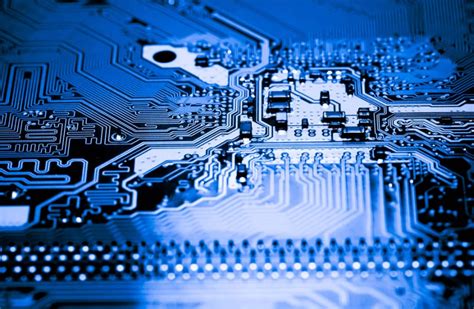
FAQs
How do you select the right pcb manufacturing companies for your project?
Look for pcb manufacturing partners with ISO certifications, transparent pcb manufacturing cost structures, and proven expertise in your industry. Prioritize providers offering 24-hour prototyping to accelerate development cycles.
What factors influence pcb manufacturing cost?
Costs depend on board complexity, material choices, and order volume. Reputable pcb manufacturing business operations optimize pricing through advanced automation while maintaining rigorous quality checks. Always request detailed quotes to avoid hidden fees.
Can global pcb manufacturing companies handle specialized SMT/THT assembly?
Yes, leading providers combine global logistics networks with pcb manufacturing technologies like automated optical inspection (AOI) to ensure precision for both SMT and through-hole designs. Confirm their capabilities match your technical requirements.
How do you ensure quality in a pcb manufacturing business?
Demand real-time documentation of quality control processes, including electrical testing and thermal stress checks. ISO-certified pcb manufacturing companies typically provide detailed reports, ensuring compliance with international standards.
What support is available during pcb manufacturing?
Top-tier partners offer 24/7 technical assistance to resolve design flaws or production delays. This minimizes downtime, especially when scaling from prototyping to full-scale production.
Need a Reliable PCB Partner? Click Here
Explore tailored pcb manufacturing solutions that align with your project’s scope, budget, and timeline. Connect with experts today to streamline your production workflow.

